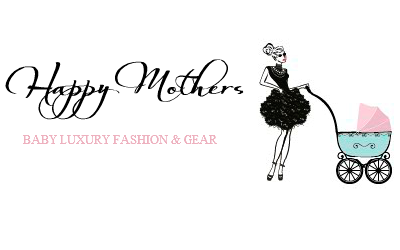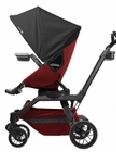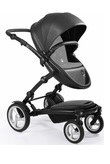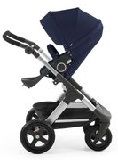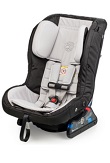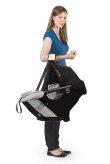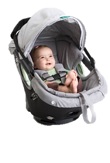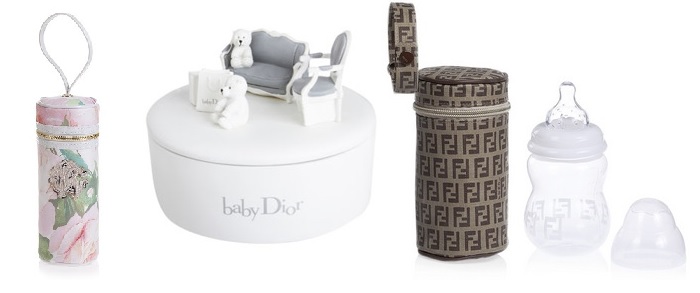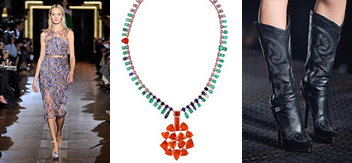7 Pros And Cons Of Getting Pregnant In Your 30s
How many times have you heard your mom saying that conceiving in your 20s is the best? Or the people around you say that pregnancy post 30 is not a good idea?
All said and done, is getting pregnant after 30 really not advisable? Or is all that just a myth? This post will give you the answers!
A lot of factors determine your planning a baby in your 30s. A lucrative job offer, growing career curve, family responsibilities, etc. are some of the factors that influence your decision. However, studies indicate that it is always better to opt for pregnancy in early 30s than in the late 30s, when conceiving gets difficult. As you approach your mid-30s, it gets more challenging to get pregnant.
If you are 30 and are planning to have a baby, it would be useful to gather more information surrounding the idea. In this post, we discuss everything you need to know about getting pregnant after you turn 30 – the pros and cons of getting pregnant at this age, important measures to take and few facts you must know before you conceive.
Getting Pregnant In 30s – Pros and Cons:
There are two sides to every coin. It is good to evaluate both the pros and cons once you plan to get pregnant in your 30s.
- Pros About Pregnancy In 30s:
- By this time, you are already or almost settling in a successful career.
- It is the perfect time to get pregnant as you would be financially stable and self-sustaining.
- You are now in a position to maintain your finances.
- The plans for the future would be more concrete as you have already laid the foundation.
- You would have embarked on a meaningful journey with your partner, greeting the idea of togetherness with many vacations, adventures, and getaways.
- You are more energetic and full of stamina in your 30s. A perfect time to nourish a baby in your womb!
- The levels of follicle stimulating hormone (FSH) grow as you age. There are more possibilities to conceive twins or multiples around this time.
- Cons About Pregnancy In 30s:
- Your time is running out as you are already 30.
- The quality of eggs will constantly decline after you hit the 30 mark. No wonder elders vouch for the 20s folklore
- Your chances of getting pregnant are high but not as effective as it would have been in your 20s
- Once you are over 35, the odds of conceiving are lower.
- You are likely to be exposed to the threat of miscarriage after 30.
- Once you are over 35, there is a risk of suffering multiple complications such as ectopic pregnancy, placenta previa, low birth weight babies and premature delivery.
- The possibility of fetal abnormalities such as Down’s syndrome is higher after 35.
Things To Do Once You Are Over 30:
- Get a full gynecological check up done. It includes checking for irregular periods, sexually transmitted diseases, polycystic ovary syndrome (PCOS) and fibroids.
- If your partner has a fertility problem, it is now time to consult an experienced therapist.
- Consult your doctor if you are over 35 and having sex without contraception for over a year without any results. Further blood tests may be required to check for genetic abnormalities or inhibitors.
- Seek immediate medical advice for IVF (In Vitro Fertilization) at the earliest once you know you have issues conceiving.
- Keep a check on your lifestyle. Paying attention and following a healthy life pattern helps your chances to get pregnant better.
Some Important Facts Surrounding Pregnancy After 30:
- Women who get pregnant after 35 are more likely to have a caesarean delivery.
- Women who conceive after 30 are highly exposed to the threat of miscarriage.
- Once you are over 30 or 35 and pregnant, you will undergo a detailed examination throughout the pregnancy period.
- Tests such as amniocentesis, chorionic villus sampling, etc. will be done to check the health of your baby and the quality of your amniotic fluid.
- It is ideal to discuss your plans with your doctor well in advance once you hit 30.
Original article: https://www.momjunction.com/articles/pros-and-cons-of-getting-pregnant-in-your-30s_00107974/
Read in Magazine
You must be logged in to post a comment.
click here to log in





